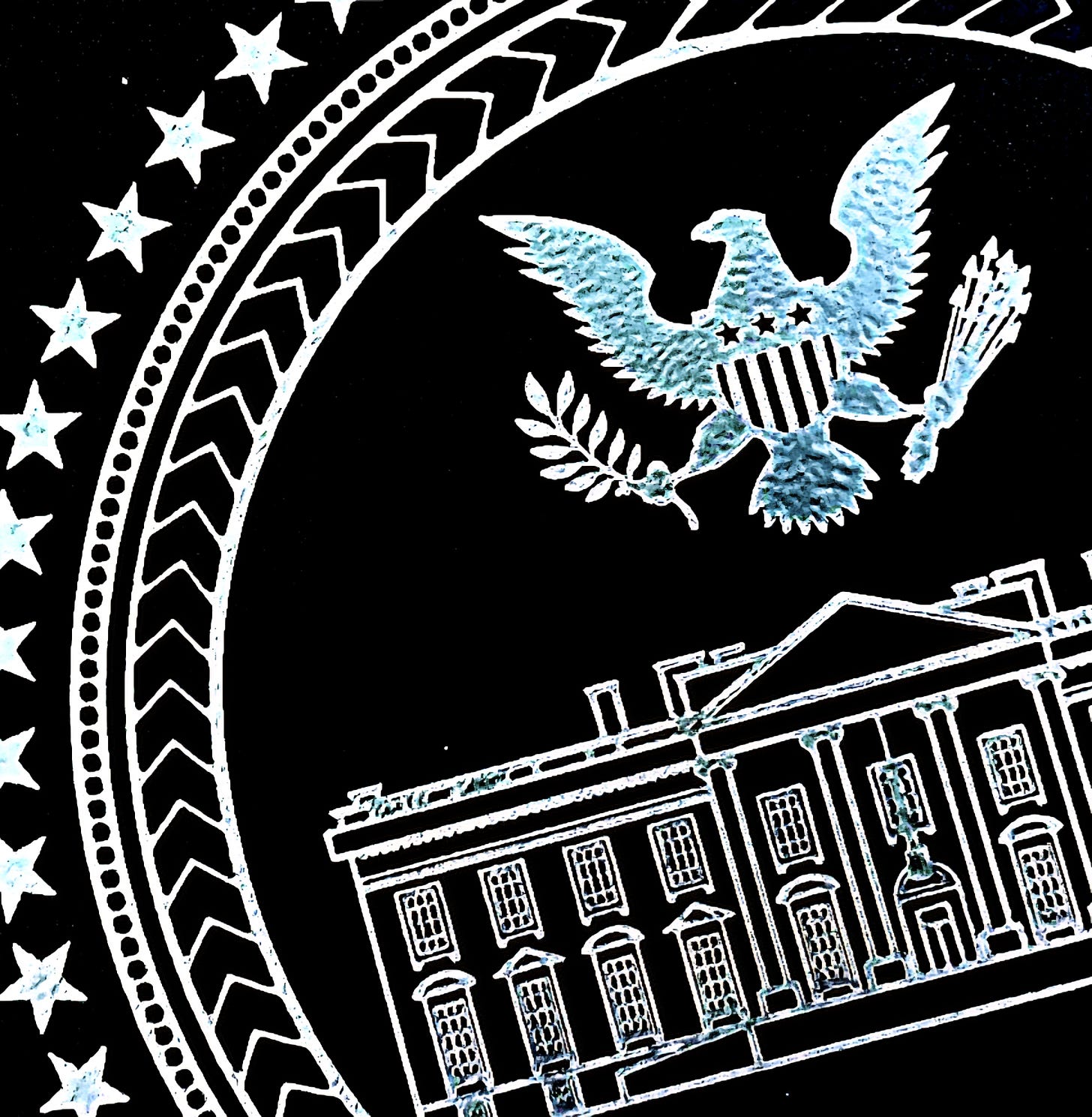One thing I learned about writing by reading Absolute Power by David Baldacci is that there are levels to the game.
There’s levels of skill shown by the writer.
There’s levels of threat & tension the characters face and feel.
There’s levels to the story itself. Like a game, you've got to go from level to level, only passing thresholds if you acquire enough skill/experience/HP/knowledge.
The more penny thrillers I read, the more I’m realising that it’s a slightly different game from books like Anna Karenina, The Mill on the Floss or East of Eden.
Absolute Power is a perfect example of commercial fiction/thriller genre/subspecies political murder mystery. It's more like a puzzle than classical literature. And even though it’s wearing the same clothes - ink, tree pulp and glue - it’s more like a sudoku, crossword puzzle or 1,000-piece jigsaw than fine art like an epic poem or piece of classical music.
When you hold a book like this in your hands, you're holding the beginning, middle and end all at the same time. If you really wanted to know who killed Col. Mustard in the billiard room then you could just flip to the last page then move on with your life. But we don't. We read page by page, skim reading, sure, breathlessly turning the pages, indeed, but still playing the game according to agreed-upon rules.
Try to come up with a story so gripping that it makes a reader sit still for hours, moving their eyes back and forth, working the imagination.
When someone as good as Baldacci does it, reading feels effortless, enjoyable, like play. But, when I read it as a writer, it wigged me out because my mind doesn’t work that way. I don't play sudoku, do jigsaws or Wordle. When I think about writing a book like this or The Da Vinci Code or a James Bond or Jack Reacher, my brain starts hurting real quick. All the twists, turns, reveals, red herrings, keys, locked doors, ulterior motives and double-entendres to keep in the back of one’s mind seems totally impossible to me.
I look at this book and see a towering behemoth, the pyramids of Giza, motherfuckin Mount Everest. Then I pour a cup of coffee, hit the couch and get stuck in.
If you wanna read something sick, this one’s awesome. If you're trying to learn how to write, this one will make you shake your head and think what the fuck? This was this dude’s first book?
Think about that as you're slaving away. There’s killers out there crafting pieces that make you tremble when you read them.
But (and here’s the kicker) if he can do it, you can to. That's the one Pandora’s box glimmer of a shred of remaining hope left in me after I finish one of the head-breaking works of creativity, certain that all my struggles are for naught and nothing I do will ever compare to these titans who went before me - the one truth that keeps me going - that the writer on the other side of the page was a human with a brain, face, heart and hands.
Then I remember that you and I are one and we are one with the writer too and the whole friggin reason of art - to bring us together - reaffirms itself successfully and resoundingly in my soul and I go up by one Empathy Level.
Further reading
If you're into twisty, turny, funny, bloody thrillers about corruption, money and hardboiled detective work, then check out:
The Long Goodbye by Raymond Chandler: One of the best to ever do it, Chandler’s writing is a cut above the rest.
Sherlock Holmes by Sir Arthur Conan Doyle: The opium smoking, violin playing detective in ye olde streets of London makes for awesome old-school yarns.
Tom Clancy’s Net Force: This one holds a special place in my heart as it was the first grown up book I read, and there's probably better Clancy’s to choose from, but this one's got sweet old school ideas of what the internet was gonna be like with hackers working for the FBI trying to take down the bad guys.
The Bounty by Caroline Alexander: Set in a totally different world from Washington DC - a sailing ship in the South Pacific in 1789, this nonfiction beast is full of mutineers, murders, and court proceedings and will keep you turning the pages with the best of them.
Lessons on writing
If you want more lessons on writing:
110: Gold Mine by Wilbur Smith
109: Vultures’ Picnic by Greg Palast
108: Collapse: The Fall of the Soviet Union by Vladislav M. Zubok
107: Why They Kill by Richard Rhodes
105: Chernobyl by Serhii Plokhy
104: Dragon’s Teeth by Michael Crichton
103: The Hero with a Thousand Faces by Joseph Campbell
102: Mustang Man by Louis L’Amour
100: Congo by Michael Crichton
99: State of Fear by Michael Crichton
1-98: Available as podcasts which you can listen to here.
House of Electric Sheep
Follow me if you’re on X.
Or find my novels on Amazon:
Black Skull (coming soon…)
Team Human (2022)
Eden 2.0 (2020)
one time (2017)
Ravenstone (2015)
Conversations with America (2013)

